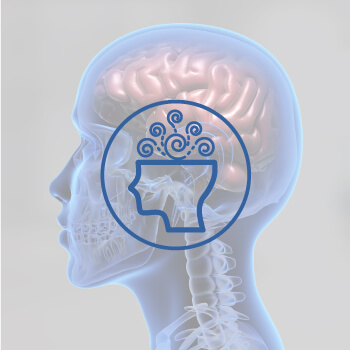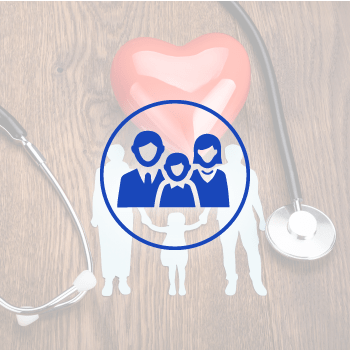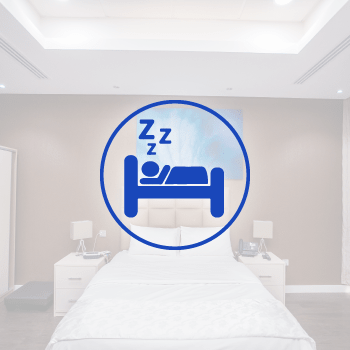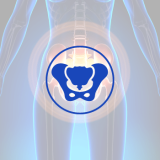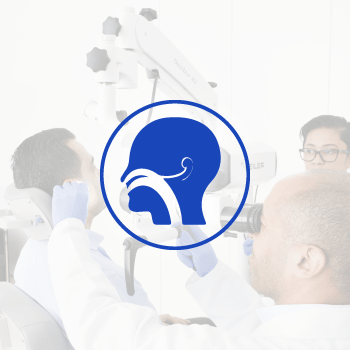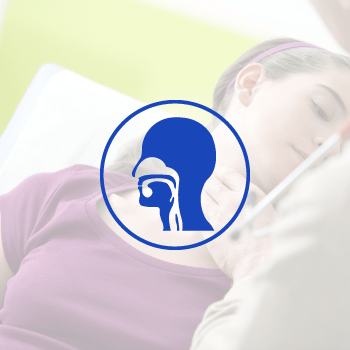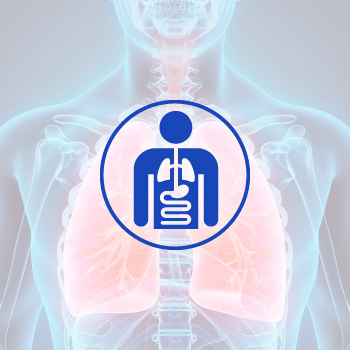Low Testosterone
Low testosterone, also known as male hypogonadism, is a condition in which the body does not produce enough testosterone, the male hormone responsible for the development of male sexual characteristics and reproductive function. Testosterone is also important for maintaining muscle mass, bone density, and overall physical and mental health.
Essentially low testosterone previously was understood but was thought to be relatively unimportant and rare. However, with the advent of more modern testing techniques a previously expensive test (testosterone blood testing) has now become economical, and it is apparent that testosterone deficiency is much more common than most people realise.
Symptoms
- Decreased sex drive
- Erectile dysfunction
- Low sperm count
- Fatigue and low energy
- Decreased muscle mass and strength
- Decreased bone density
- Increased body fat
- Depression and irritability
If you are experiencing any of these symptoms, it is important to see a healthcare provider for a proper diagnosis. Testosterone levels can be measured through a blood test. It is important to note that these symptoms can also be caused by other conditions, so it is important to get a proper diagnosis.
- Causes of low testosterone
- Risks and complications
- Prevalence
- Lifestyle factors
- Treatment options
There are several potential causes of low testosterone, including aging, problems with the testicles or pituitary gland, chronic illnesses such as diabetes and obesity, and certain medications.
Low testosterone can increase the risk of certain health problems, such as osteoporosis and cardiovascular disease. It can also affect mental health and quality of life.
Low testosterone is a common condition, especially in older men. It is estimated that about 2% of men under the age of 40 and about 50% of men over the age of 75 have low testosterone.
Certain lifestyle factors, such as smoking, alcohol consumption, and a sedentary lifestyle, may contribute to low testosterone levels.
There are several treatment options available for low testosterone. These may include testosterone replacement therapy, which can be administered through injections, patches, gels, or pellets. Other treatment options may include medications to treat underlying conditions that may be causing low testosterone, such as pituitary gland disorders or problems with the testicles. Lifestyle changes, such as losing weight, exercising regularly, and reducing stress, may also help to improve testosterone levels.



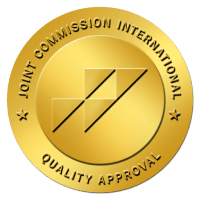
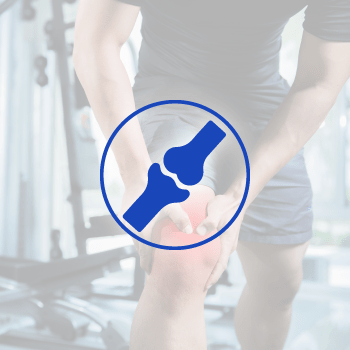 أنقر هنا
أنقر هنا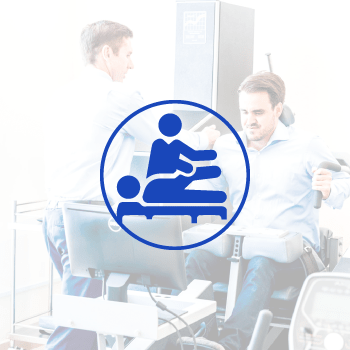 أنقر هنا
أنقر هنا
